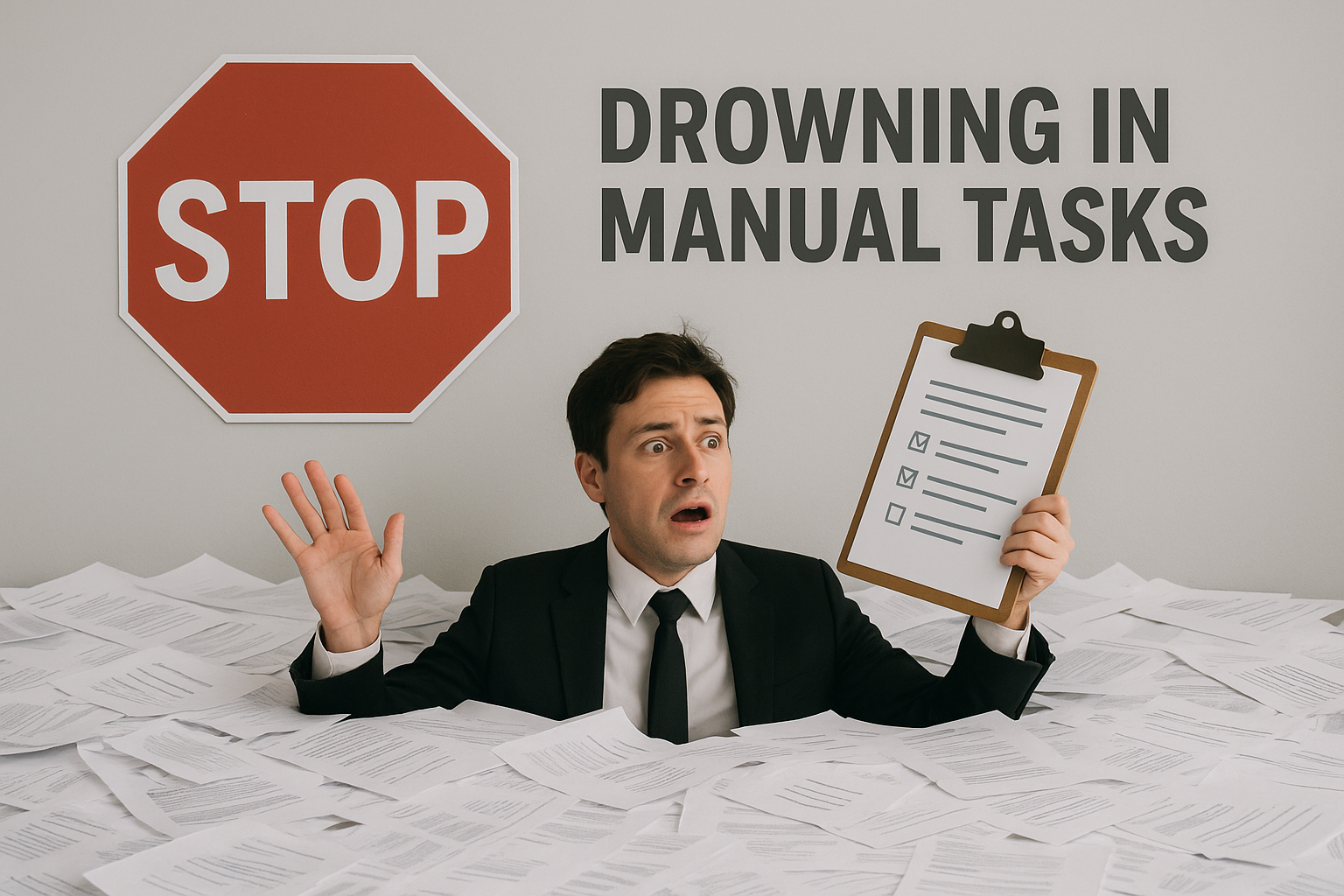What makes or breaks Christmas?

The cost of living has eased over the past year but consumers are still under pressure. For business, planning is the key to managing Christmas volatility. The countdown to Christmas is on and we’re in the midst of a headlong rush to maximise any remaining opportunities before the Christmas lull. Busy period or not, Christmas causes a period of dislocation and volatility for most businesses. The result is that it is not ‘business as usual’ and for many, volatility can create problems.
Added to this dislocation are cost of living pressures impacting consumers. Employee households are the hardest hit experiencing mortgage cost fuelled increases – spiked by the rollover of fixed rate loans to higher variable rate loans. While there has been some relief from energy subsidies and a reduction in fuel prices, underlying inflation remains persistently above the RBA’s target rate. Services inflation - the cost of your rent, insurance, your hairdresser, etc. – is sitting at around 5%. With the Reserve Bank of Australia (RBA) Board keeping rates on hold for now and hinting that it will be some time yet before they are comfortable reducing rates, consumers want a reason to spend based on value for money. The irony is that if we all spend up big, which a recent Roy Morgan poll suggests we are, there is a risk this elevated spending will further delay rate cuts. But, while we might spend more, some of this increase is simply to compensate for inflation - we need to spend more to buy at the same level as previous years.
The discounting trend
Consumers expect a bargain and can generally find one. If you choose to discount stock (or the market forces you to), it’s essential to know your profit margins to determine what you can afford to give away. A business with a 20% gross profit margin that offers a 15% discount, needs a 300% increase in sales volume simply to maintain the same position. Worst case scenario is that a business trades below its breakeven point and generates losses.
Increased sales from discounting can be great if you know your numbers, have excess or older stock that needs to be moved, generates demand, or drives new customers to you.
Also think about how you create value; it does not always have to be a direct discount on a product. Packaging might be a better option than a straight discount where you can increase sales of multiple items, even better if you can combine higher demand with lower demand stock. Quantity discounts, value added are also options.
The Christmas cost hangover
Costs tend to go up over Christmas. More staff, lower efficiency, downtime from non-trading days, increased promotional costs, all mean that the cost of doing business increases. It’s great to get into the Christmas spirit as long as you don’t end up with a New Year hangover. Cost control is important.
Many businesses also bring in casual staff. It’s essential that you pay staff at the correct rates and meet your Superannuation Guarantee obligations.
Check the pay calculator to make sure you have it right.
New Year cashflow crunch
The New Year often leads into a quieter trading and tighter cashflow period. The March quarter is often the toughest cashflow quarter of the year. You will need a cash buffer. Don’t over commit yourself in the run up to the end of the year and start the new Year with a problem.
Take a lesson from Scrooge
If you work with account customers, start your debtor follow up early. If your customers are under cashflow pressure, the Christmas period will only exacerbate it. The creditors that chase debt hard and early will get paid first. Don’t be the last supplier on the list; the bucket might be empty by then.
Christmas is a great time of year. Just don’t get caught up in the rush and forget about the basics.
Trading stock headaches
If business activity spikes over the Christmas period and you sell goods, then there is a temptation to increase stock levels. That makes sense as long as you don’t go too far. Too much stock post the Christmas period and you will either be carrying product that is out of season, or you will have too much cash tied up in trading stock. Try to work with suppliers that can supply on short notice.
Managing your trading stock is not just about managing cost. If your customers are in your store but can’t find what they need, have an online option available in store to take the sale.
Need Help with your Business, Bookkeeping, Tax or SMSF requirements?
If you would like a little help, please get in touch with us for assistance. We can help with your business, bookkeeping, tax and SMSF requirements.
Please also note that many of the comments in this publication are general in nature and anyone intending to apply the information to practical circumstances should seek professional advice to independently verify their interpretation and the information’s applicability to their particular circumstances. Should you have any further questions, please get in touch with us for assistance with your SMSF, business, bookkeeping and tax requirements. All rights reserved. Brought to you by RGA Business and Tax Accountants. Liability Limited by a scheme approved under Professional Standards Legislation.









